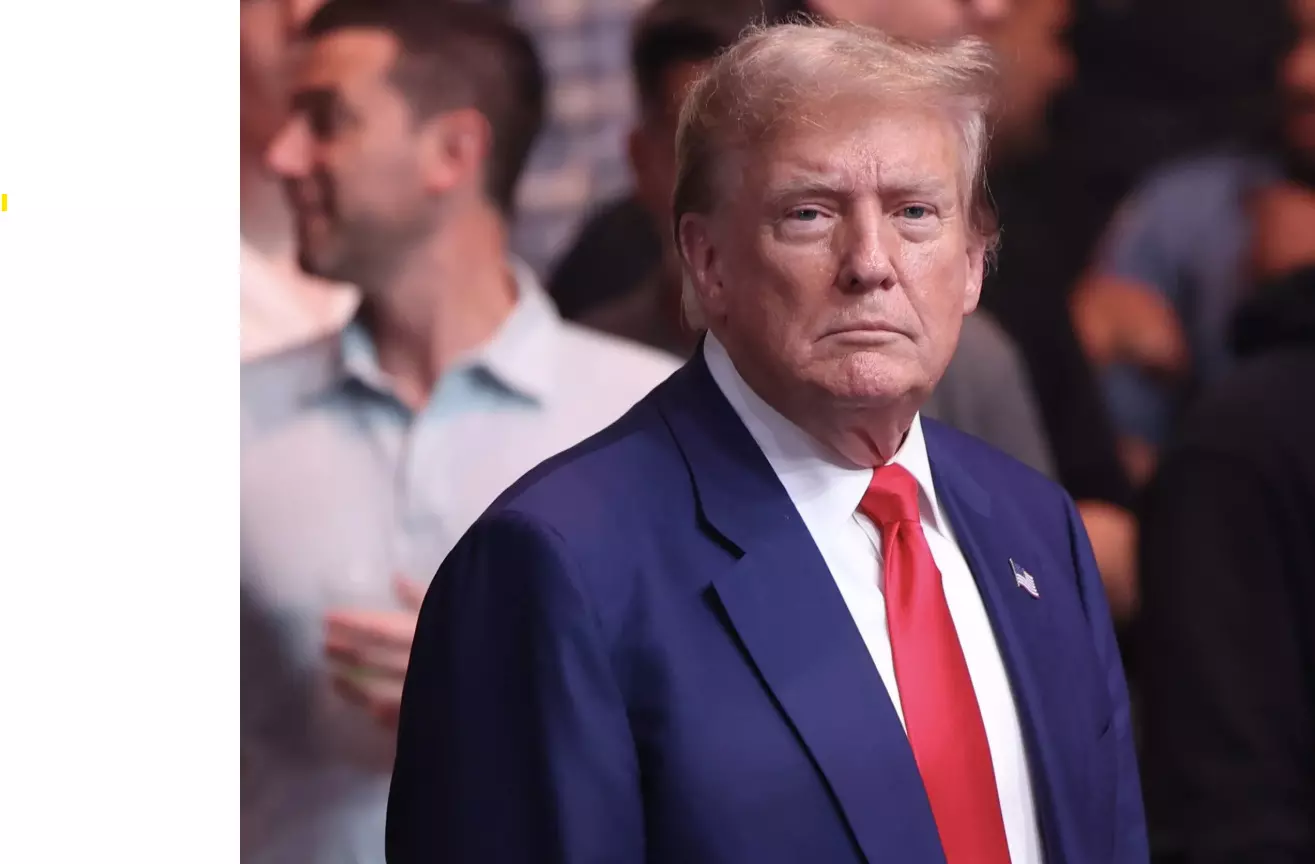Senseless retribution

On his first day back in office, President Donald Trump made headlines by reinstating sanctions on the International Criminal Court (ICC)—essentially a revival of a controversial policy from his first term. These sanctions, originally imposed in 2020, target ICC officials investigating potential war crimes involving US personnel and allies. The move is a sharp reversal of the Biden administration’s decision to lift these measures. It signals a renewed hostility of the new US administration towards the court. This decision has to be seen against the background of the ICC issuing arrest warrants for Israeli Prime Minister Benjamin Netanyahu and former Defence Minister Yoav Gallant over allegations of war crimes during the Gaza conflict. The court has accused Israeli officials of deliberately depriving Palestinian civilians of essential aid, which Israel has vehemently denied. The US House of Representatives has now supported sanctions against the ICC—reflecting a clear alignment with Israel and its leadership.
The reinstatement of sanctions is indeed a troubling development. The ICC exists to hold individuals accountable for war crimes, crimes against humanity, and genocide, regardless of their power or influence. By sanctioning the court, the US tends to undermine its independence and sends a dangerous message—powerful nations and their allies can escape scrutiny. Such an act will weaken the court’s credibility and distort global efforts aimed at ensuring accountability in conflicts where civilians are the primary victims. Trump’s decision is also indicative of a glaring double standard. When the ICC issued an arrest warrant for Russian President Vladimir Putin over war crimes in Ukraine, many in Washington applauded, particularly the Republicans. Yet the same lawmakers have been lately busy condemning the court for investigating Israeli officials. This selective approach contradicts the principle of impartial justice and exposes the political motivations driving US’ policy toward the ICC.
In fact, the implications of Trump’s actions extend beyond hampering the implementation of international law. Under the Rome Statute, which governs the ICC, obstructing or intimidating court officials is considered a criminal act. If Trump imposes further sanctions, he could face charges of obstruction of justice. This would significantly restrict his ability to travel internationally, as ICC member states would be legally required to arrest him if he entered their territory. The very prospect of a former US president facing such restrictions is unprecedented and could malign America’s standing on the global stage. It goes without saying that Trump’s decision to shield allies like Israel from accountability bypasses the very principles of justice and human rights that the US claims to champion. Rather than obstructing the ICC, the US should be encouraging fair and transparent investigations. If wrongdoing is found, it should be addressed, rather than being dismissed for political convenience.
The ICC, in the first place, was created to give a voice to victims and ensure that no one is above the law. Baseless targeting of this institution at a time when war crimes are rampant could set a dangerous precedent. The world at this juncture cannot afford to let politics override justice. President Trump’s maneuverings may score political points at home, but they risk isolating the US internationally. What’s needed now is a staunch leadership that supports accountability and upholds the rule of law. Turning the ICC into a political target only serves to embolden those who commit atrocities. Justice must remain impartial, and efforts to undermine it should be rejected, no matter how powerful the culprits are.



